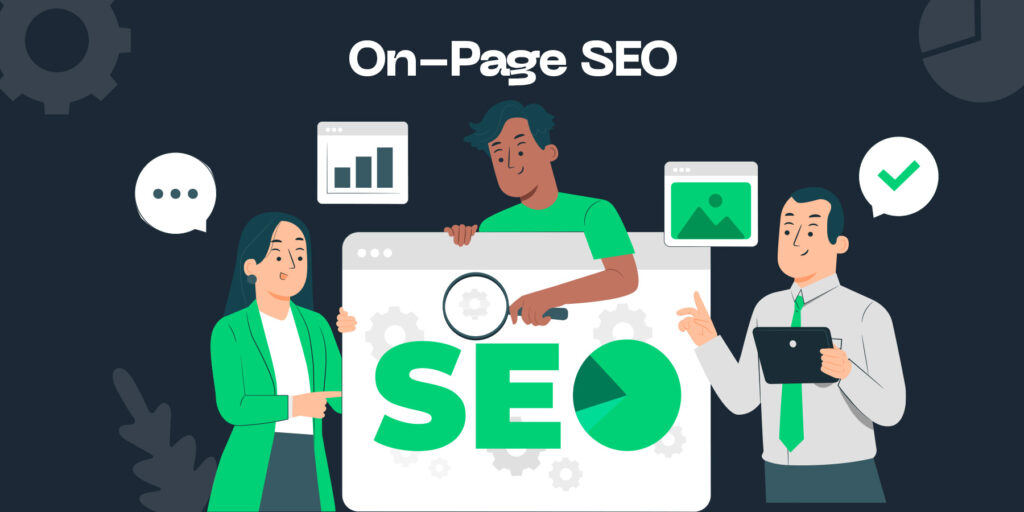On-Page SEO Explained
Master the art of optimizing individual web pages to rank higher in search engines and earn more relevant traffic through strategic content and HTML optimization.

On-page SEO is the practice of optimizing individual web pages to rank higher and earn more relevant traffic in search engines. It involves optimizing both the content and the HTML source code of a page — including title tags, meta descriptions, header tags, images, and internal links.
Unlike off-page SEO which focuses on external signals like backlinks, on-page SEO gives you complete control over every element on your website. It’s the foundation of any successful SEO strategy, ensuring search engines can understand your content and match it to the right search queries.
Whether you’re running a blog, e-commerce store, or corporate website, mastering on-page SEO is essential for driving organic traffic, improving user experience, and increasing conversions.
A strategic, step-by-step process that turns your web pages into search engine magnets.
Identify target keywords and search intent to align your content with what users are actively searching for.
Craft compelling, keyword-rich title tags and meta descriptions that improve click-through rates from SERPs.
Structure content with proper H1, H2, and H3 hierarchy to improve readability and search engine understanding.
Create high-quality, relevant content with strategic keyword placement and internal linking for maximum impact.
Optimize images with alt text, compress files, and improve page load speed for better rankings and user experience.
Explore the essential on-page optimization techniques that work together to improve your search rankings.
Write unique, descriptive title tags under 60 characters with primary keywords for every page.
Craft compelling meta descriptions under 160 characters that summarize page content and include CTAs.
Create clean, keyword-rich URLs that are short, readable, and accurately describe page content.
Use a logical H1-H6 hierarchy to organize content and signal topic relevance to search engines.
Produce comprehensive, original content with natural keyword integration and semantic relevance.
Build strategic internal links to distribute page authority and help users navigate related content.
Optimize images with descriptive alt text, proper file names, and compressed file sizes.
Ensure fast load times and mobile-responsive design for better rankings and user experience.
On-Page SEO Platforms & Tools
The best tools to analyze, optimize, and monitor your on-page SEO performance.
WordPress plugins that guide on-page optimization with real-time content analysis and readability scoring.
Comprehensive SEO toolkit for keyword research, site audits, and on-page SEO recommendations.
Powerful SEO platform with content explorer, site audit, and keyword tracking for on-page analysis.
Free Google tool to monitor search performance, indexing status, and on-page issues.
Desktop crawler that audits technical SEO elements including titles, meta tags, and broken links.
AI-powered content optimization tool that analyzes top-ranking pages and provides actionable guidelines.
Google's tool for measuring page load performance and providing optimization suggestions.
Analyzes individual pages against target keywords and provides prioritized optimization tips.
On-page SEO is a critical investment that delivers measurable results across every stage of your search marketing journey.
Stay updated with the latest audience research insights, strategies, and best practices.


Start applying proven on-page SEO techniques today and watch your search engine rankings, traffic, and conversions grow. Every optimization you make brings you closer to page one.